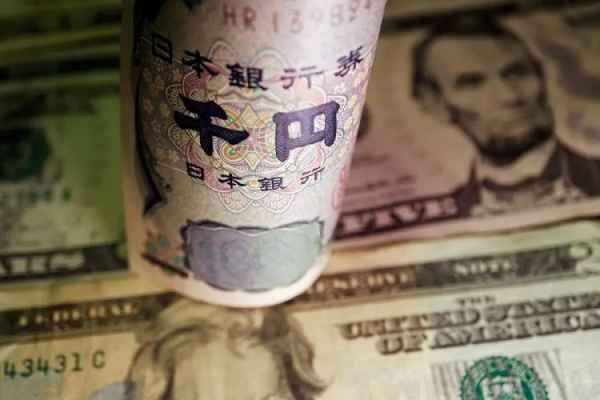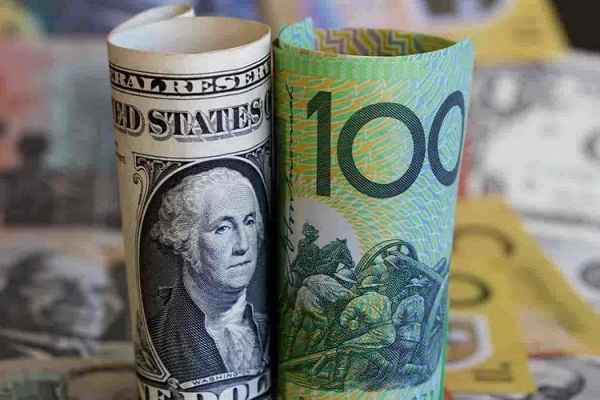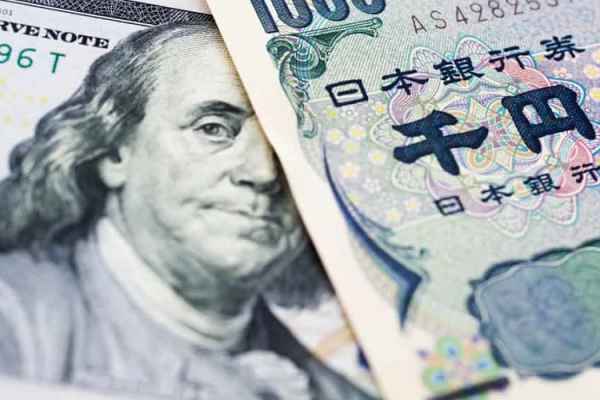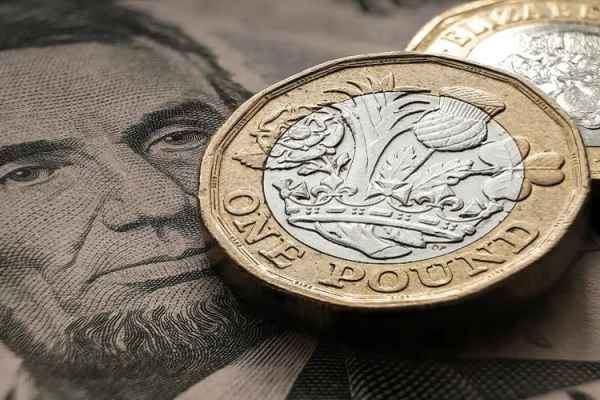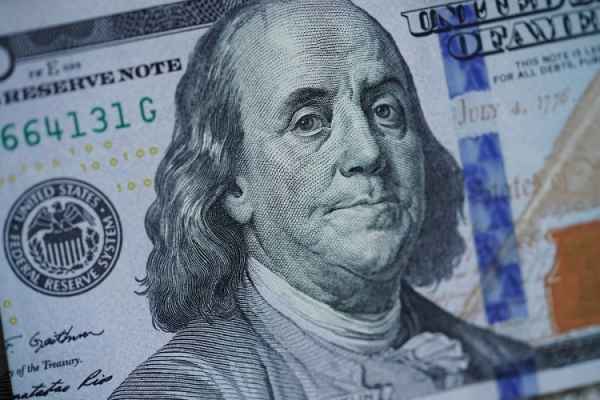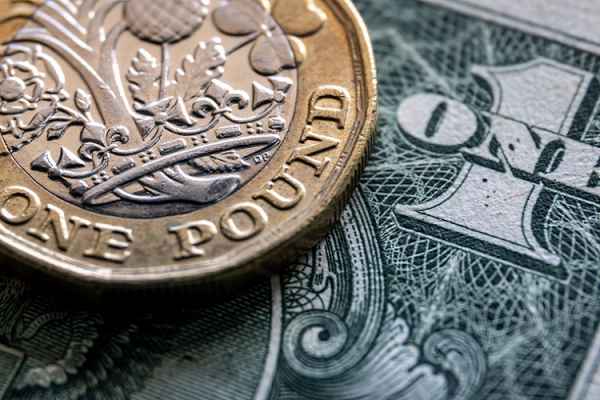This time, the increase in UK inflation has hurt the pound sterling, as the market is concerned about its negative impact on the economy.
The pound sterling initially strengthened against the euro and US dollar following the release of UK inflation data today (May 24), but quickly declined again. GBP/USD fell to around 1.2360 at the start of the New York session, while EUR/GBP surged above the 0.8700 level. This is because UK inflation failed to weaken as expected, raising concerns about its economic impact.
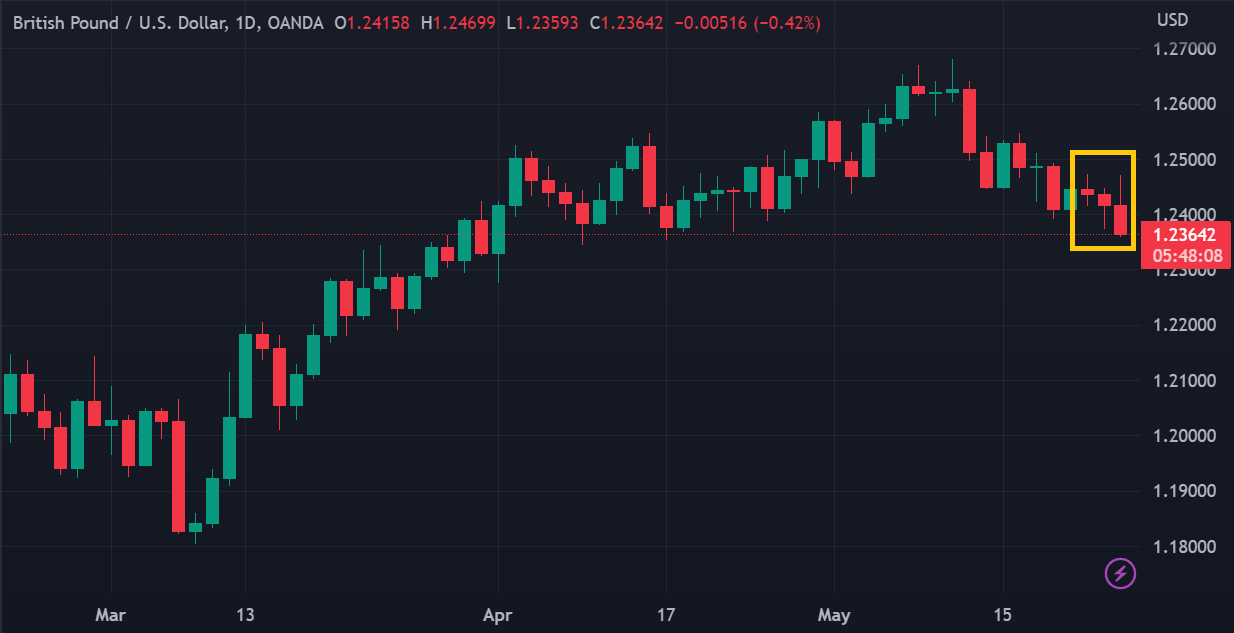
The UK Consumer Price Index (CPI) showed a growth of 1.2% (month-over-month) in April, surpassing the consensus expectation of 0.8%. Core CPI inflation also accelerated, with actual growth of 1.3% compared to the expected 0.8% for the same period.
The annual inflation data also missed expectations. The annual inflation rate for all goods and services was 8.7%, lower than the previous period's 10.1% but higher than the consensus estimate of 8.3%. The annual inflation rate for core goods even saw a sharp increase from 6.2% to 6.8%.
Following the release of the UK inflation data, the market anticipates that the Bank of England (BoE) will need to raise interest rates in June (25 bps), September (25 bps), August (25 bps), and November (10 bps) to reach the terminal interest rate of 5.35%. Previously, the market had only factored in two more rate hikes to reach a terminal rate of 4.85%.
High CPI inflation data typically motivates central banks to raise interest rates, which positively impacts currency exchange rates. However, the relationship between these variables is fading in the case of the pound sterling. This is because the UK economy risks a sharp downturn if the Bank of England (BoE) raises interest rates to a very high level to curb inflation. On the other hand, inflation becomes increasingly uncontrollable if the interest rates are not sufficiently restrictive.
"We're now in that realm where if the Bank of England does meet market expectations and take interest rates that high, we're talking about a worsening of the UK investment outlook, and financial stability considerations coming into view, which is negative for UK assets," said Simon Harvey, head of FX analysis at Monex Europe.
The GBP/USD pair is under pressure due to the worsening global market sentiment amid uncertainty in the US debt ceiling negotiations. Democratic and Republican representatives once again ended negotiations without signs of compromise, triggering a risk-off sentiment in stock markets and high-risk assets, leading to a flight to safety towards the US dollar.

 Dedicated FREE FOREX VPS
Dedicated FREE FOREX VPS Free FOREX Virtual Private Server
Free FOREX Virtual Private Server MT4 Demo Contest, Get $500
MT4 Demo Contest, Get $500 Sign Up for an Account, Claim 60% Deposit Bonus
Sign Up for an Account, Claim 60% Deposit Bonus Free MT4/MT5 VPS 2024
Free MT4/MT5 VPS 2024 Send E-mail and Get Free Merchandise
Send E-mail and Get Free Merchandise $1K Refer a Friend Bonus for Pepperstone Pro clients
$1K Refer a Friend Bonus for Pepperstone Pro clients Maximize Your Earnings with 100% Deposit bonus
Maximize Your Earnings with 100% Deposit bonus Trade to Win, $5,000 Monthly Demo Contest
Trade to Win, $5,000 Monthly Demo Contest Claim 30% + 15% Deposit Bonus from LiteFinance
Claim 30% + 15% Deposit Bonus from LiteFinance
